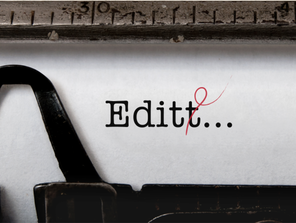Editing is something anyone can do at a simple level, but to take it to a higher level requires the same dedication and persistence that any art form does.
-Walter Murch
-Walter Murch

 RSS Feed
RSS Feed
